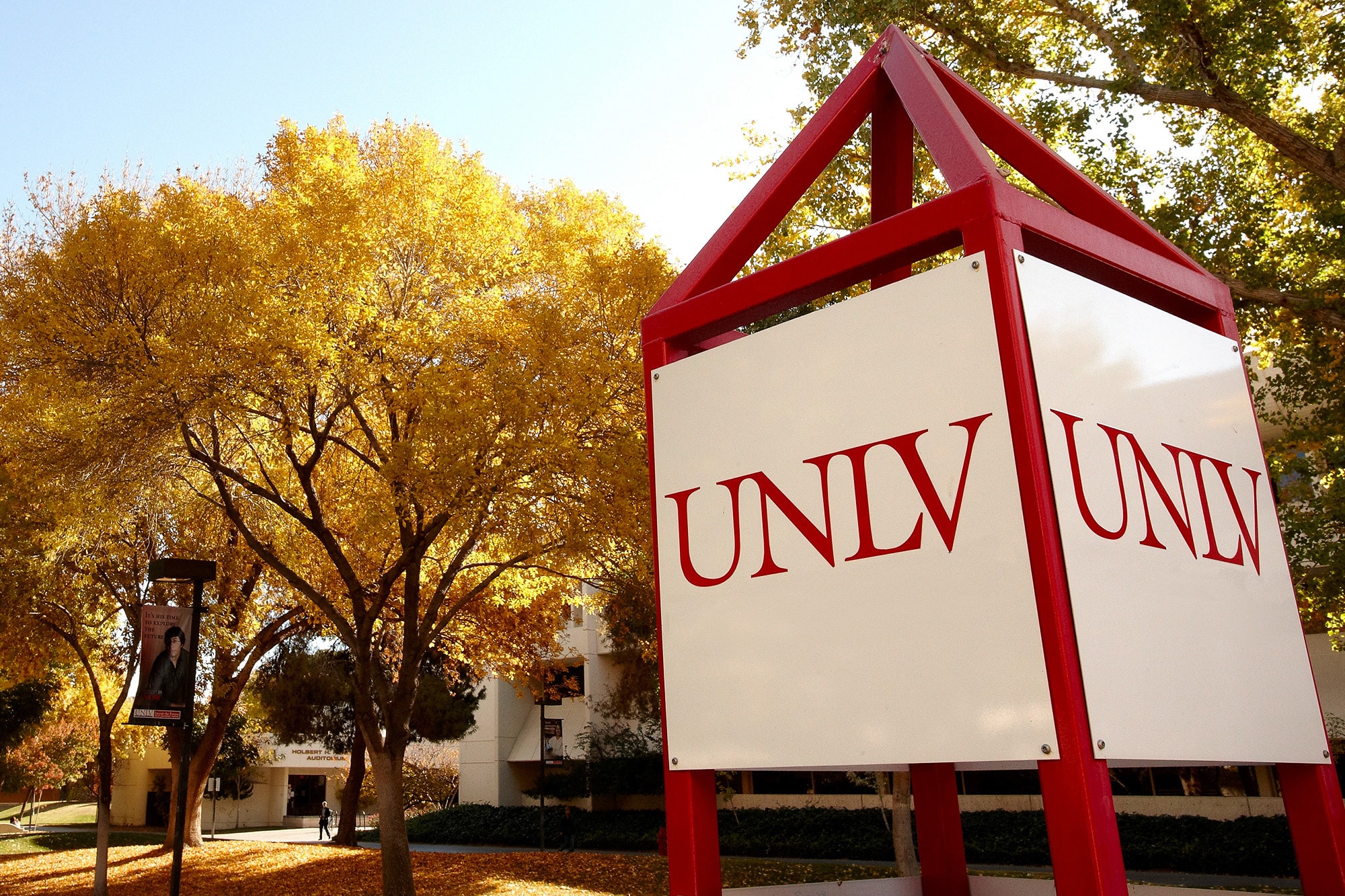The U.S. Department of Energy (DOE) awarded UNLV more than $2.1 million to lead four new research projects that will advance nuclear technologies in support of the nation's energy goals.
U.S. Energy Secretary Steven Chu announced the awards recently as part of the nearly $44 million of new funding under the DOE's Nuclear Energy University Program. UNLV was identified as one of 31 lead research institutions nationwide to conduct research that, the DOE says, will play a key role in addressing the global climate crisis and move the nation toward greater use of nuclear technology.
"As a zero-carbon energy source, nuclear power must be part of our energy mix as we work toward energy independence and meeting the challenge of global warming," said Secretary Chu. "The next generation of nuclear power plants - with the highest standards of safety, efficiency and environmental protection - will require the latest advancements in nuclear science and technology. These research and development university awards will ensure that the United States continues to lead the world in the nuclear field for years to come."
The funding will support four three-year research projects designed to advance technologies for two of the DOE's major initiatives: the Advanced Fuel Cycle Initiative (AFCI), and the Next Generation Nuclear Plant (NGNP) - or Generation IV Nuclear Energy Systems.
Three of the projects were developed by Ken Czerwinski, associate professor of chemistry and director of the UNLV radiochemistry program; Frederic Poineau, research professor in chemistry; and Dan Rego, a post-doctoral researcher in the radiochemistry program. Longzhou Ma, a research scientist at UNLV's Harry Reid Center, is the principal investigator on the fourth project. Their collaborators include fellow UNLV scientists and students, as well as colleagues from the Massachusetts Institute of Technology (MIT) and the Argonne, Idaho, Los Alamos, Oak Ridge, and Pacific Northwest national laboratories.
"This major support from DOE will allow UNLV faculty and students to advance the knowledge necessary for solving some of our nation's most pressing energy issues," said Ken Czerwinski, who also serves as the principal investigator on three of the four projects.
The research includes studies related to nuclear waste separation technology, the disposal of waste forms, and nuclear materials science.
<strong>About the Advanced Fuel Cycle Initiative:</strong>
The AFCI is a focused research and development program sponsored by the U.S. DOE tasked with reducing the cost of waste management, delaying the technical need for a second geologic repository, and dramatically reducing the inventory of civilian plutonium in the U.S. while recovering the energy value from spent nuclear fuel.
<strong>About the Generation IV Nuclear Energy Systems:</strong>
The Generation IV Nuclear Energy Systems Initiative within the Department of Energy's (DOE's) Office of Nuclear Energy is the U.S. contribution to an international effort to develop next-generation nuclear energy technologies. Generation IV nuclear energy systems aim to reduce capital cost, enhance nuclear safety, minimize the generation of nuclear waste, and further reduce the risk of weapons materials proliferation.



